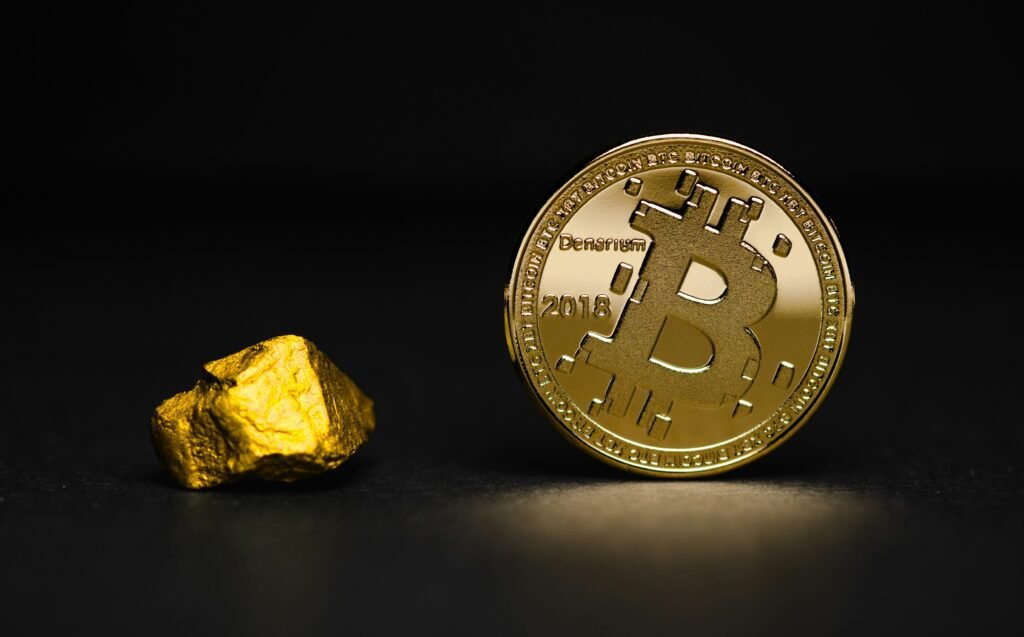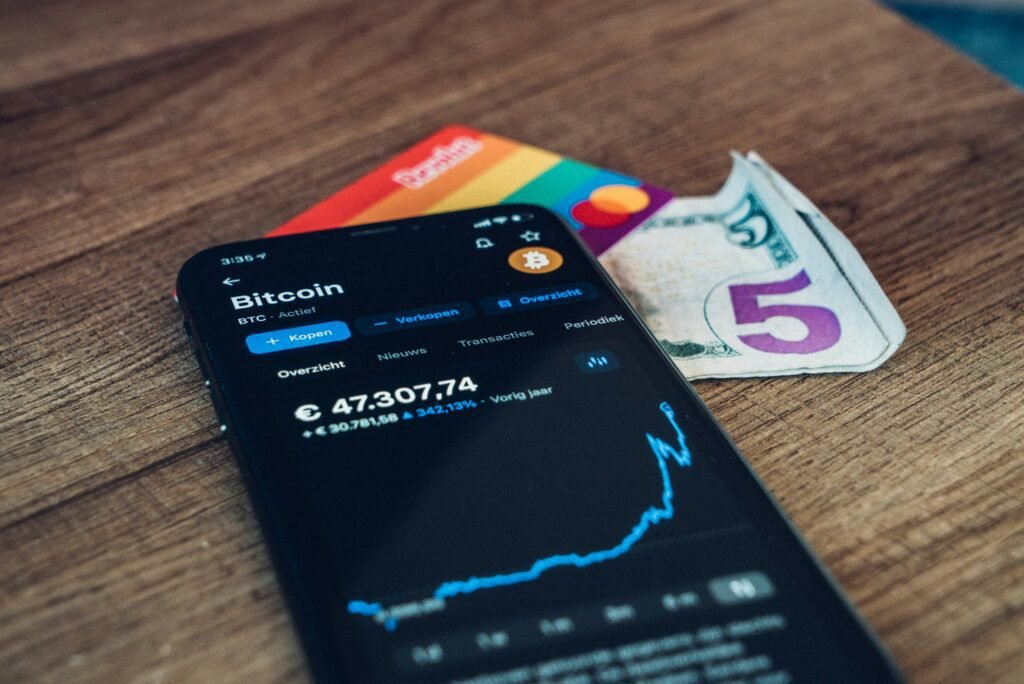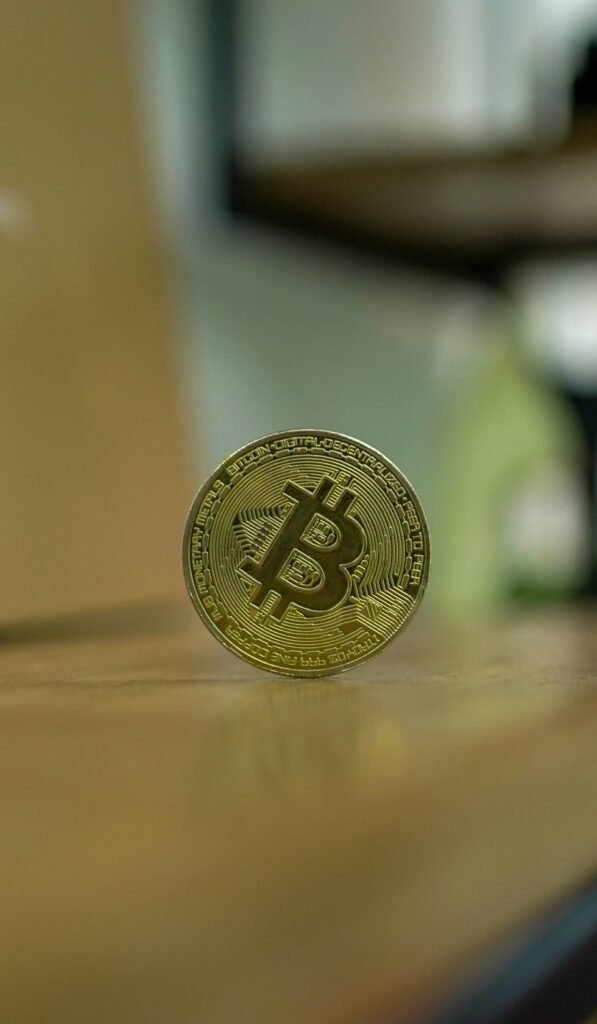Understanding El Salvador Bitcoin purchases
El Salvador Bitcoin purchases have become a flashpoint between President Nayib Bukele and the IMF. Bukele says the government is buying Bitcoin every day, while the IMF insists no new coins were purchased. This article answers who, what, when, where, why and how around those claims. It uses public blockchain data and reporting to separate real buys from internal transfers.
Who: IMF and Nayib Bukele
The IMF has publicly questioned El Salvador Bitcoin purchases and pressed for clarity on fiscal discipline. President Nayib Bukele frames purchases as part of a wider push to normalize Bitcoin as legal tender. That clash matters because IMF lending and macro advice depend on transparent accounting. Both sides cite different data to support their positions.
How wallet movements show
On-chain signals can look like fresh El Salvador Bitcoin purchases but often reflect wallet movements instead. Analysts note coins moved among government-controlled addresses and exchanges, which can raise wallet balances without new fiat spent. Verifying true purchases requires exchange logs and third-party audits, not just address histories. That gap keeps the debate open.
Why transparency matters
Transparency and fiscal discipline are central to the IMF’s concern about El Salvador Bitcoin purchases. If reported buys are internal transfers, reserves could be overstated and budget risk masked. Clear, audited reporting of Bitcoin reserves would help investors and citizens judge real fiscal strength. The IMF’s push for openness aims to reduce uncertainty and preserve market confidence.
Where Bitcoin reserves stand
Public discussion of El Salvador Bitcoin purchases influences sovereign risk and market pricing. The government maintains a public narrative about growing Bitcoin reserves while critics call for more evidence. Independent verification would show whether reserves increased via market purchases or by reshuffling existing assets. That difference changes how international institutions view El Salvador’s balance sheet.
Audits for El Salvador Bitcoin purchases
Practical steps forward include independent audits, exchange confirmations, and routine public disclosures. The IMF may insist on formal audits to confirm whether El Salvador Bitcoin purchases were funded with new fiat. Bukele’s team could respond with address provenance or exchange receipts to prove bona fide buys. Markets and voters will watch for clearer accounting.
Frequently asked questions about El Salvador Bitcoin purchases (FAQ)
Q: Has El Salvador really stopped buying Bitcoin?
A: The IMF says no new purchases, noting wallet movements explained balance changes. Public debate continues about whether reported El Salvador Bitcoin purchases are real market buys or internal transfers.
Q: How can purchases be independently verified?
A: Verification needs exchange records, timestamps, and audited reports of Bitcoin reserves. On-chain data alone cannot always prove that El Salvador Bitcoin purchases used fresh fiat.
Q: Why does the IMF care about these purchases?
A: The IMF prioritizes fiscal discipline and transparency. Unclear reporting of El Salvador Bitcoin purchases can affect lending terms and assessment of sovereign risk.
Q: What would clear accounting accomplish?
A: Clear accounting would show whether reserves grew through market purchases or transfers. That clarity boosts confidence and informs policy from the IMF and investors.
If you want more background on how other countries and institutions handle crypto reserves, check prior coverage and official IMF statements to follow developments.



